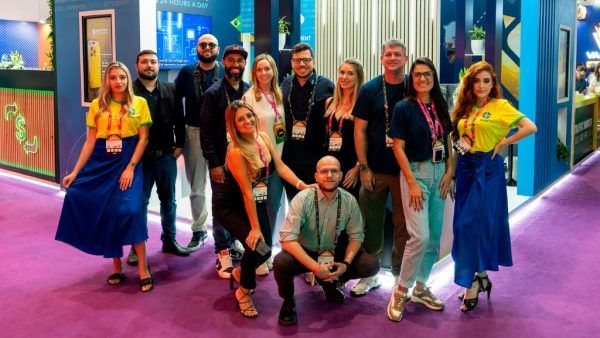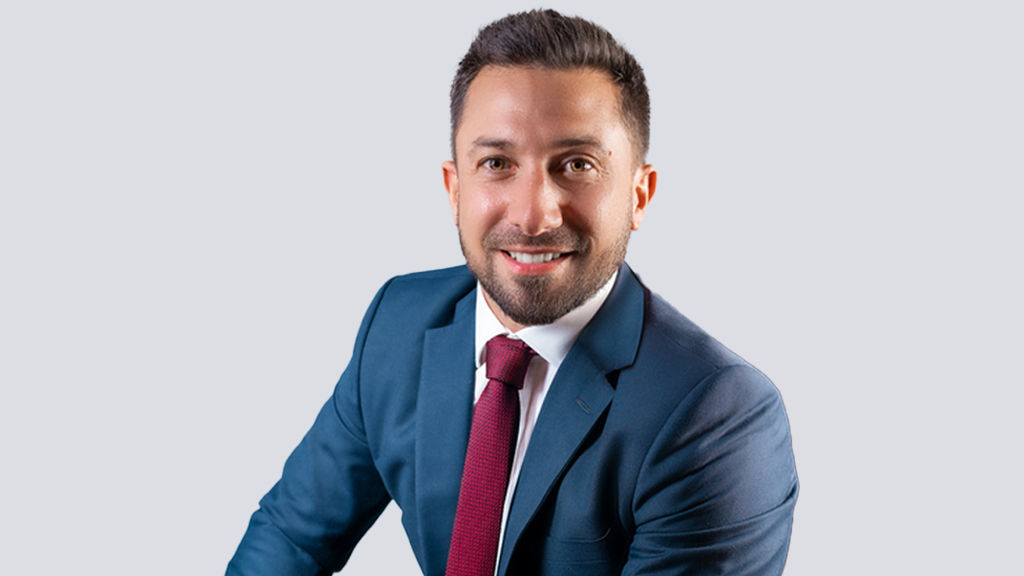In this article SiGMA News spoke to Jessica Azzopardi where she shared exclusive points and conclusions reached from her dissertation submitted in partial fulfilment of her Bachelor Degree in Law
The Remote Gaming industry has shown great expansion over the past recent years, which was a fascination to many enthusiasts and practitioners in the field. It became one of the most talked about innovative sectors, with talks reaching the level of parliamentary debates. This sector created a ripple effect as its boost in Malta impacted other businesses such as the renting sector, the banking sector, the information technology infrastructure sector, to name a few.
 Malta is not solitary in the remote gaming sector, which statement introduces us to the element of competition. Do the laws at present create a competitive edge for the Maltese remote gaming sector when compared to other similar laws all around the world? Are the laws at present enough to welcome the different types of remote gaming regulators and to provide a safe environment for these types of businesses?
Malta is not solitary in the remote gaming sector, which statement introduces us to the element of competition. Do the laws at present create a competitive edge for the Maltese remote gaming sector when compared to other similar laws all around the world? Are the laws at present enough to welcome the different types of remote gaming regulators and to provide a safe environment for these types of businesses?
The dissertations’ main points feature the Legal Notice 248 of 2018 entitled the ‘Maltese Gaming Tax Regulations’, which forms part of the newest set of regulations at present. In addition, it touches upon the Corporate Taxation and the Value Added Taxation, these are additional costs which are to be borne by Gaming Companies who register under the Maltese jurisdicition.
The regulating of Remote Gaming in Malta started from 2004 by Subsidiary Legislation 438.04 entitled ‘Remote Gaming Regulations’. These laws served as a proper foundation and created Malta’s competitive edge in gaming taxation. Gaming taxation relied on the Remote Gaming Regulations for 14 years, up until 2018, when a new gaming legal regime came into force.
The Remote Gaming Regulations of 2004 put forward three taxes, each with its own computation and each applicable to the different Class or Classes. These were Tax from a Fixed Fee, Tax on Turnover (Tax on Stakes), and Tax on Real Income. Also, this legislation featured a tax capping which provided that regardless of which Class the licencee was licenced, the maximum tax resulting from either of these three types of taxes could not exceed €466,000 yearly. The law provided that any excess tax was to be exempted. This legislative framework was attractive and successful since by the end of 2005, two million Euro of tax revenue from these operators was pooled in the Maltese economy.
 The new set of laws enacted in 2018 brought forward different types of taxation calculations. Tax structure has become revenue based, which means that the taxation is calculated on the amount of revenue that the remote gaming operator makes within the taxation year. The law adds that if a B2C offers its services remotely, tax will accumulate only if the player has a permanent address or if he is established in Malta. This means that the 5% paid will only be calculated on the gaming revenue which has been generated from players based in Malta. B2B operators are now exempt form having to pay any gaming tax.
The new set of laws enacted in 2018 brought forward different types of taxation calculations. Tax structure has become revenue based, which means that the taxation is calculated on the amount of revenue that the remote gaming operator makes within the taxation year. The law adds that if a B2C offers its services remotely, tax will accumulate only if the player has a permanent address or if he is established in Malta. This means that the 5% paid will only be calculated on the gaming revenue which has been generated from players based in Malta. B2B operators are now exempt form having to pay any gaming tax.
A brief comparison between the old and the new regulations was done in order to give a clear and informative background on the subject. The dissertation distinguishes between the ‘Class’ and the ‘Types’ gaming licences, which the former was repealed in order to create a two-licence system which lead to the simplification of the legislation. The definitions of Gross Gaming Revenue (GGR) and Gaming Revenue (GR), the latter of which was the replacement of the former by the new regulations, and their mathematical formulas are also explained. Results from these two different calculations could lead to variations in the total which difference can be to a certain extent huge, depending on the revenue of the operator.
Tax incentives employed by worldwide jurisdictions do in fact impact the establishment of international remote gaming operators. Through the research of the dissertation, it was found that Malta was in direct competition with Isle of Man, Alderney and Gibraltar. Therefore, these three other jurisdictions were used in a compare and contrast exercise in the final parts of the dissertation. Results proved that the all over tax amount that remote gaming operators have to pay in Malta might be slightly higher than the other three, however what seems to be perfect on paper is not always perfect in practice.
 Through interviews, it was established that generally tax incentives would not be the deciding point on whether to operate in Malta or not. Other factors such as the business environment, EU membership, EU Zone area, ease of human resources, standard of living and technological infrastructure set-up play a more vital part in the decision making.
Through interviews, it was established that generally tax incentives would not be the deciding point on whether to operate in Malta or not. Other factors such as the business environment, EU membership, EU Zone area, ease of human resources, standard of living and technological infrastructure set-up play a more vital part in the decision making.
In conclusion, the study has proved that there was a competitive edge created by the Remote Gaming Regulations of 2004 and that the Maltese Gaming Tax Regulations continued to keep the retain such competitive edge, leading Malta to be the remote gaming hub that we have today.
Words by Jessica Azzopardi. Jessica Azzopardi is a Master of Advocacy (M.Adv.Melit.) graduate with a Bachelor of Laws (LL.B.) degree from the University of Malta. She has been working as an intern from her first year in the law course, for two different law firms, which gave her a solid background on the corporate and gaming sector. She is currently reading and practicing with a local litigation law firm to obtain the legal warrant in the next few months. She has also been chosen to study Corporate law and European Competition law abroad in Rome by the Erasmus programme offered by the University of Malta.
SiGMA website adds French as its 6th language:
SiGMA Group is excited to announce the addition of a 6th language to its website. Users can now find all content, including the SiGMA News website, in French. The latest addition to SiGMA’s portfolio of languages will run alongside the recently launched Russian, Mandarin, Spanish, and Portuguese content, and aims to cater to SiGMA’s wide portfolio of international events.















